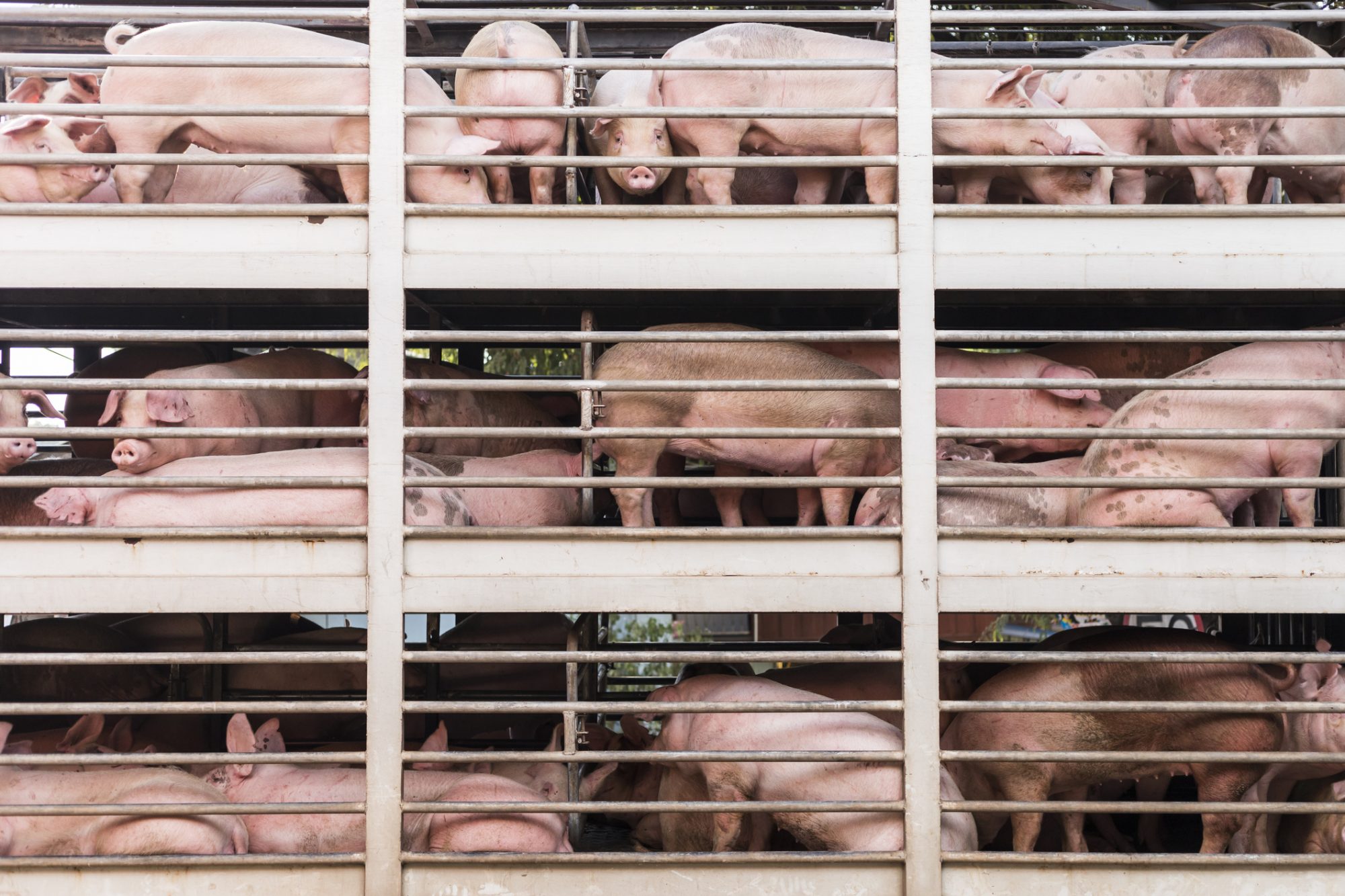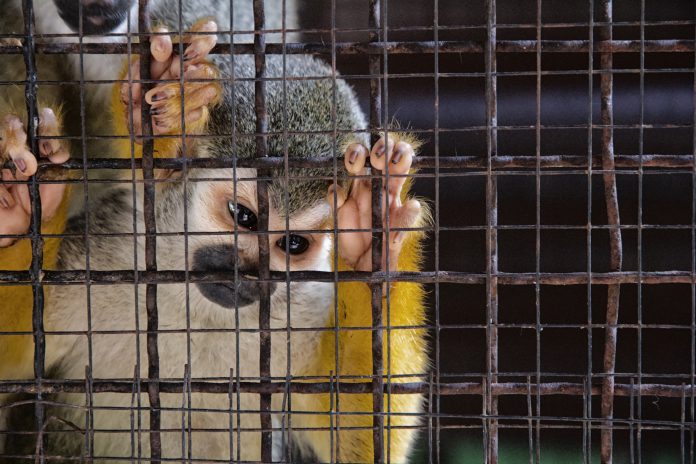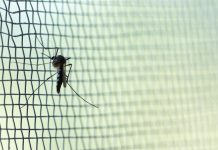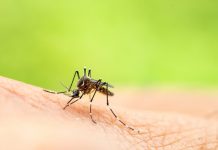In a study, researchers look at how global supply chains are being hijacked by criminals, and present countermeasures to illegal wildlife trafficking
Following the global COVID-19 pandemic that severely disrupted all corners of the globe, it is hard to fathom that another health crisis and pandemic risk in the future might not be too far away.
However, the risk is widespread, and in a new research paper conducted by myself and colleagues, we argue that this threat prevails because illegal wildlife traffickers are exploiting global supply chains. This activity and general intrusion into biodiversity subsequently risk triggering future pandemics from the transmission of zoonotic diseases.
Despite different theories about the origin of COVID-19, previous research has shown that emerging infectious diseases are largely of zoonotic origin, and more than seventy percent of these emanate from wildlife.
The magnitude of this is heightened due to the close and uncontrolled contact between people at various stages of illegal wildlife trafficking, which creates opportunities for zoonotic diseases to transmit from animals to humans.
The widespread problem of zoonotic diseases from wildlife trafficking
With a focus on wildlife trafficking in maritime supply chains, we identified weaknesses that make supply chains vulnerable to exploitation.
We found that traffickers often infiltrate otherwise legitimate supply routes to secretly and illegally move endangered species like pangolins and protected wildlife products like African elephant ivory in order to sell them.
Traffickers often infiltrate otherwise legitimate supply routes to secretly and illegally move endangered species
More specifically, we found that the capacity of large container ships combined with poorly guarded ports, understaffed authorities, and corruption all increase the likelihood of illegal wildlife going undetected.
This problem is widespread. In fact, according to a 2019 report by the World Bank, it is estimated that illegal wildlife trafficking in items such as Pangolin meat, which is prized as a delicacy in parts of China and Vietnam, accounts for up to 23 billion US dollars in global trade.
However, despite the extent of this problem, there has been insufficient global acknowledgement of situations in which supply chains are an integral part of wider societal problems.
Consequently, we claim that it needs to be acknowledged, because unless illegal wildlife trafficking is comprehensively tackled, there is no doubt that we are increasing the odds of severe biodiversity loss and future pandemics.

Economic disincentive in supply chains to change course
Yet, tackling this issue will might be met with significant opposition. In our study, we found that there is an economic disincentive for suppliers, buyers, customers, monitoring agencies and carriers to tackle the problem as intense controls would lead to further disruptions of already shaken supply chains.
Instead, for supply chain members, maintaining the status quo and continuity of smoothly flowing goods is well aligned with criminals’ intention of undisrupted trafficking within these supply chain.
Our research found that enforcement agencies do not have the capacity to check and companies have no fear of repercussions if any illegal wildlife is detected in their supply chains, resulting in a lack of willingness to engage with the problem, which can facilitate the flow of illegal products.
Enforcement agencies do not have the capacity to check and companies have no fear of repercussions if any illegal wildlife is detected in their supply chains
Therefore, the problem is multi-layered with a shared responsibility among various parties to tackle these issues.
But regardless of the opposition, much more needs to be done in order to tackle the threat and to clamp down on traffickers.
How do we clamp down on traffickers?
Firstly, we need swift action from those involved in supply chains and from governments around the world to tackle wildlife traffickers and their hijacking of supply chains in a much more committed and effective way.
This could include a global ban on wildlife products, stricter enforcement of laws and regulations, and the development of more advanced technology to detect illegal activity.
As well as this, there are various recommendations that could be introduced without destabilising global trade.
Explicitly excluding the transport of wildlife and products, the enforcement of legislation – such as the removal of legal loopholes to protect certain species – better training of public authorities and private actors in supply chains and collaborative enforcement across borders, are just a few examples.
We also recommend technological ways to aid detection of illegal products, such as adding ‘bio footprints’ or DNA databases to scanning schemes or using big data analytics and data mining to help identify smuggling attempts.
Finally, for such a crucial topic, and considering the threat to society, there is little awareness around these issues. Therefore, the public also need to be better informed about the impact and the risks associated with illegal wildlife trafficking.
This can be done through social marketing and behavioural change campaigns, which could in turn help to address and decrease criminals’ profitability from these illegal activities, especially in demand markets.
This article is based on the new research paper, “Wildlife trafficking as a societal supply chain risk: Removing the parasite without damaging the host?” co-authored by Martin C. Schleper of the University of Sussex Business School; Sina Duensing and Christian Busse, both University of Oldenburg, Oldenburg, Germany. The original article can be accessed free of charge.
Editor's Recommended Articles
-
Must Read >> MEPs declare war on wildlife trafficking












